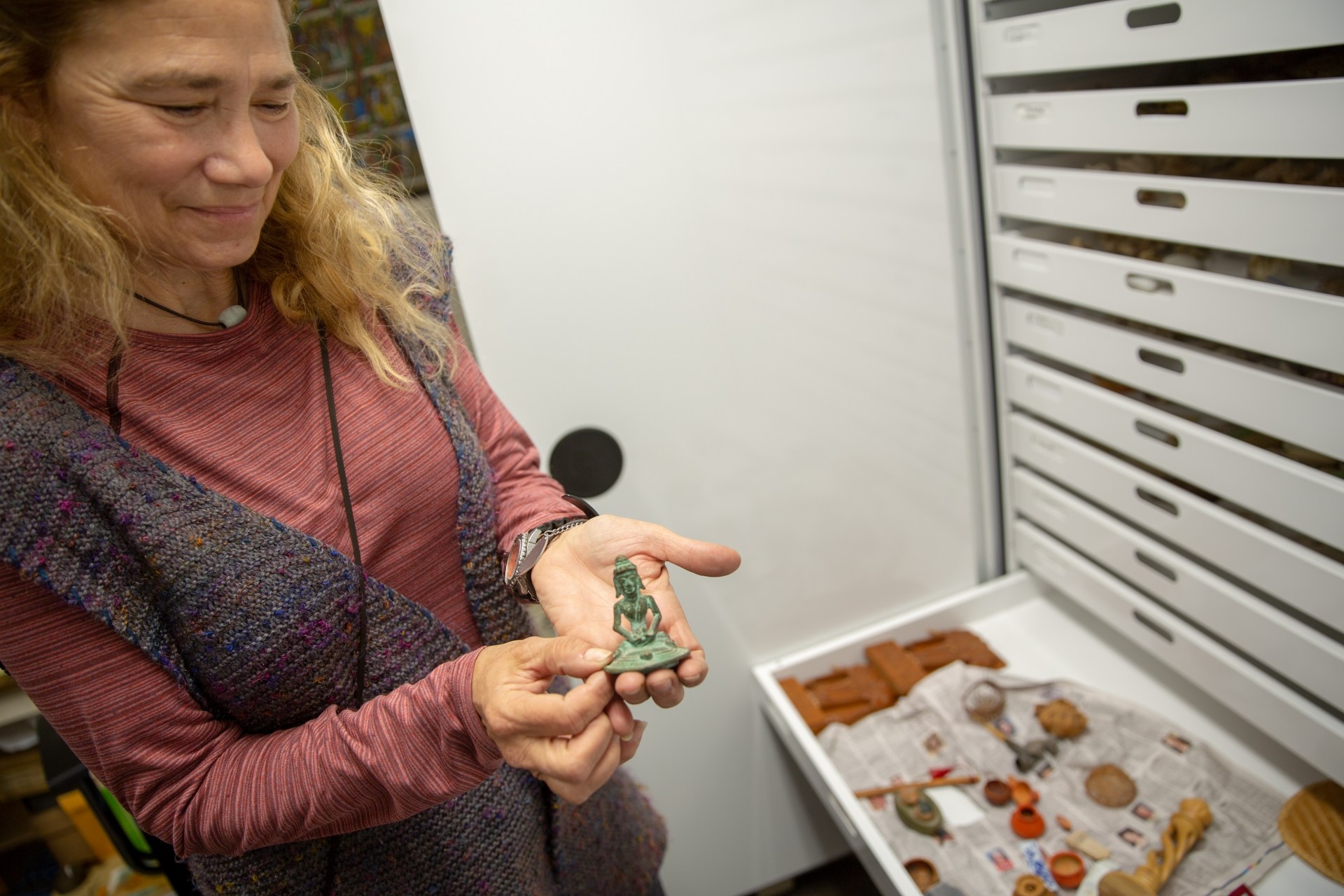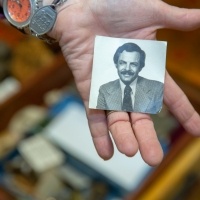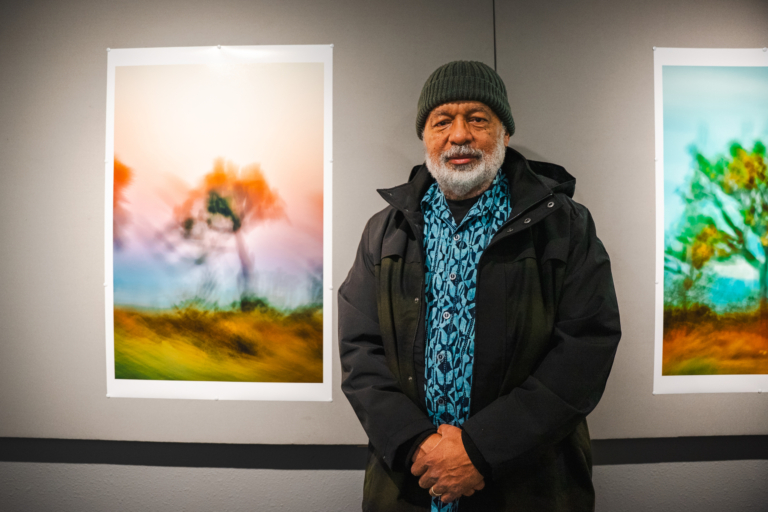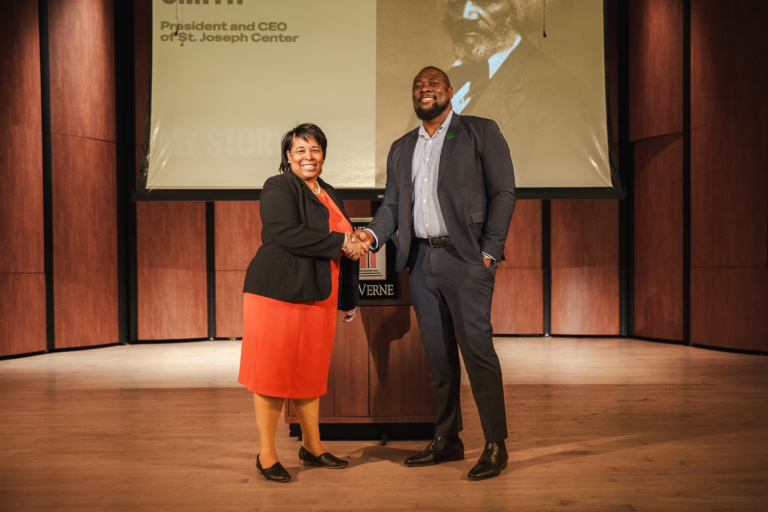University of La Verne to Launch Oral History Project on International Voluntary Services

Local high school students and University of La Verne undergraduates will begin interviewing surviving members of the International Voluntary Services in the Fall as part of an oral history project funded by a California Humanities Grant.
The project, titled “A Life in Service: Stories from the International Voluntary Services,” is one of 15 that received funding through the Humanities for All Quick Grant program, which is designed to offer meaningful insights into the diverse ways Californians share, offer reflection, and celebrate the humanities in their daily lives.
The International Voluntary Services was founded in 1953 by Brethren, Mennonite, and Quaker religious groups to promote “people-to-people” cooperation in improving health, productivity, and living standards among people in developing nations.
Dr. Felicia Beardsley, anthropology professor and director of the university’s Cultural and Natural History Collections, said the group became a model for the Peace Corps and served as an alternate form of service for conscientious objectors during the Vietnam War.

The project was inspired by the donation to the collections of an exhaustive collection of papers from the estate of local historian Galen Beery documenting his alternative service in Southeast Asia during the Vietnam War as part of the Brethren Volunteer Service and later the IVS.
“Galen and other IVS members went to Vietnam, Cambodia, and Laos where they worked side-by-side with villagers digging wells, building schools and improving agricultural techniques,” Beardsley said.
After the war, Beery became the Church World Service’s Indochinese resettlement program director and helped thousands of war refugees resettle in the United States and elsewhere. Beery remained in contact with some of the refugees and volunteered as an interpreter for their legal and business affairs until two years ago when he and his wife, Doris, were killed in an automobile accident.
“Galen’s materials are phenomenal, and his record keeping was so precise and thorough; it really tells this alternative history of the Vietnam War,” Beardsley said. “It’s a history that can only be told not just through papers but through interviews with surviving members of the IVS.”
Beardsley said she and Anne Collier, collections curator, decided to use Beery’s papers as a springboard for the oral history project.
“We decided to have the students interview the senior citizens on their experiences and, through the interview process, have students get a hands-on flavor for creating history,” Beardsley said.
This summer they will be contacting local high schools and start recruiting students for the project. So far, they have identified seven former IVS members to be interviewed.
They will work closely with the students guiding them through the interview process beginning in the fall. After that, the students and seniors will work together to develop a website dedicated to the project to include transcripts of the interviews and snippets of their conversations.
“Then, by March or April we want to have a public roundtable where we have the IVS volunteers and the students who did the interviewing publicly talk about the experience and what each side learned during the process,” Beardsley said.


